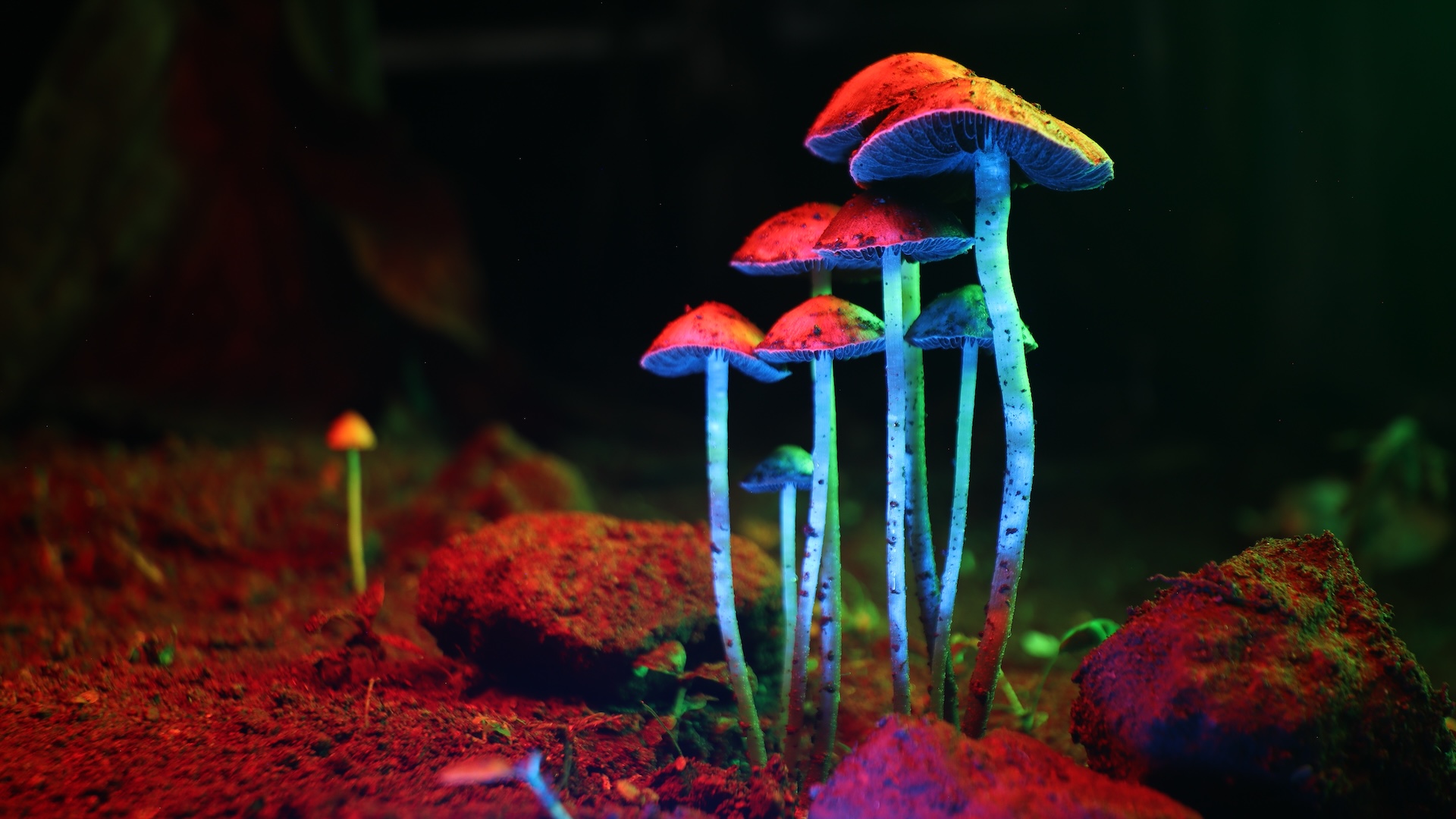Psilocybin, the main psychoactive ingredient in magic mushrooms, extends the lifespan of human cells, a lab study suggests. Researchers also found that the psychedelic compound slows certain hallmarks of aging in older mice while improving their fur quality.
The findings, published July 8 in the journal npj Aging, provide the first experimental evidence of psilocybin’s potential anti-aging properties.
“The study provides a unique look at the potential of psychedelics to promote healthy aging and provides a provocative mechanism to explain how they do it,” Scott Thompson, a professor in the University of Colorado Department of Psychiatry who was not involved in the research, told Live Science in an email.
However, “much additional work will be required to take these findings forward in a way that will reveal whether or not the findings are applicable and adaptable for human health,” Thompson said.
Recently, studies have explored psilocybin’s therapeutic potential for treating various conditions, such as anxiety, depression and neurodegenerative disorders like Alzheimer’s disease. Some of this research has led to clinical trials with promising results. But researchers haven’t yet pinned down exactly how the psychedelic achieves its benefits.
One theory, dubbed the “psilocybin-telomere hypothesis,” proposes that psilocybin preserves the length of telomeres, the protective caps of repetitive DNA sequences located at the ends of chromosomes. Researchers have long understood that telomeres shorten with age, and the rate of that shortening correlates to the rate of aging.
Related: ‘Magic mushroom’ compound creates a hyper-connected brain to treat depression
So if psilocybin protects telomere length, could it also delay aging?
To find out, study senior author Dr. Louise Hecker, an associate professor at Baylor College of Medicine in Houston, and colleagues administered different doses of psilocin, which psilocybin gets broken down into in the body, to isolated human lung and skin cells. The team found that the psilocin extended the lifespans of the cells by up to 57%, depending on the dose given.
The psilocin also preserved the cells’ telomere length and reduced levels of oxidative stress, or the buildup of reactive molecules. Simultaneously, it led to higher levels of Sirt1, a protein associated with longevity.
In short, the psilocin made the cells appear like younger cells, Hecker told Live Science. Hecker’s research involves looking at the impacts of aging on the body, and everything she knew to test for “just worked” she said. “I was floored by the data.”
The team then went on to study the effects of psilocybin on approximately 19-month-old female mice — which, in human years, would be in their early 60s. The mice received monthly doses of psilocybin for 10 months. At the end of that period, 80% of the treated mice were still alive, compared with only 50% of an untreated group. The treated mice also displayed hair growth where they’d previously had bald spots, and their once-white hair grew back brown.
“It’s exciting that we can give this intervention in late life and have such a dramatic impact,” Hecker said.
Psychedelics, in general, are known to alter the workings of the immune system and the body’s stress resilience, both of which can affect organ health, Thompson said. “What is new in this study is the provocative suggestion that changes in the length of telomeres — important regulators of DNA replication — may be produced by psychedelics.”
A major limitation of the study is that the drug doses used in the lab mice are much higher than those typically administered to humans, Thompson said. That said, Hecker argues that this comparison doesn’t consider the much faster metabolism of mice and the consequently shortened time the psychedelics are active in the animals.
The findings set the stage for investigating psilocybin as a treatment for aging and age-related diseases, Hecker said. Future research should investigate optimal doses to use in humans, as well as the potential risks, she said.
This article is for informational purposes only and is not meant to offer medical advice.
